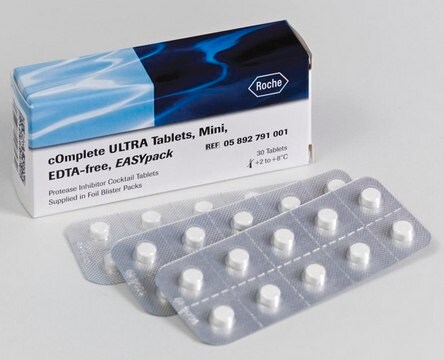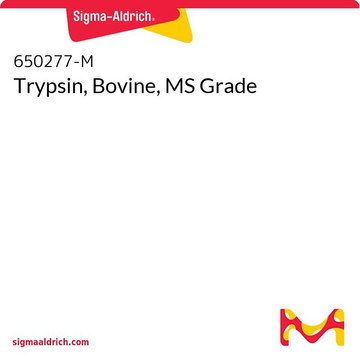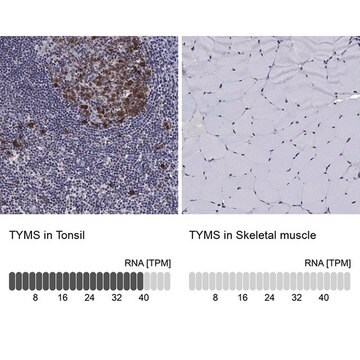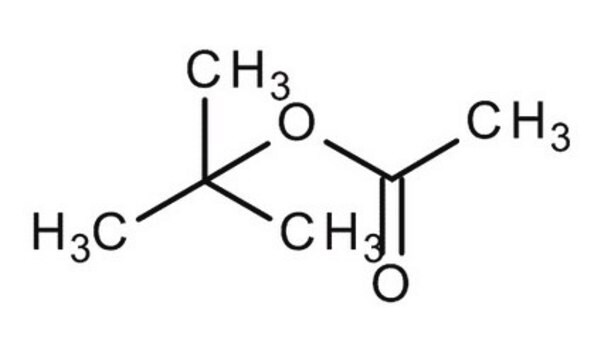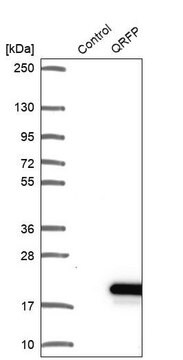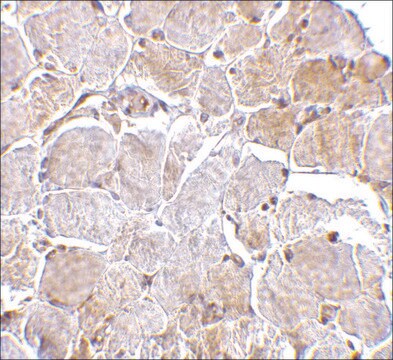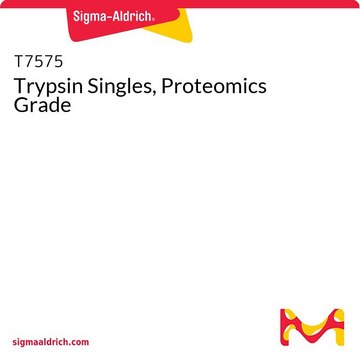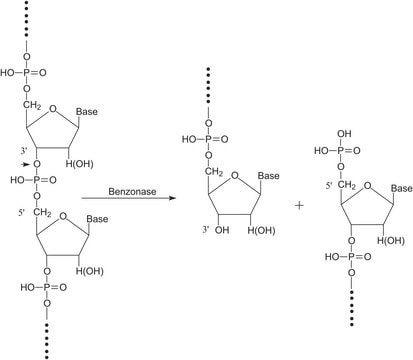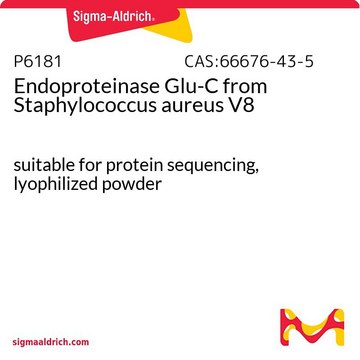ZRB2019
Anti-TYMS Antibody, clone 1E20 ZooMAb® Rabbit Monoclonal

recombinant, expressed in HEK 293 cells
Synonym(s):
EC:2.1.1.45, TS, TSase
About This Item
Recommended Products
biological source
rabbit
Quality Level
recombinant
expressed in HEK 293 cells
conjugate
unconjugated
antibody form
purified antibody
antibody product type
primary antibodies
clone
1E20, recombinant monoclonal
description
1E20 Clone
product line
ZooMAb® learn more
form
lyophilized
mol wt
calculated mol wt 35.72 kDa
observed mol wt ~33 kDa
purified by
using Protein A
species reactivity
rat, human
species reactivity (predicted by homology)
porcine, monkey
packaging
antibody small pack of 25 μL
greener alternative product characteristics
Waste Prevention
Designing Safer Chemicals
Design for Energy Efficiency
Learn more about the Principles of Green Chemistry.
enhanced validation
recombinant expression
Learn more about Antibody Enhanced Validation
technique(s)
affinity binding assay: suitable
flow cytometry: suitable
immunocytochemistry: suitable
immunohistochemistry: suitable
western blot: suitable
isotype
IgG
epitope sequence
C-terminal
Protein ID accession no.
UniProt accession no.
greener alternative category
shipped in
ambient
storage temp.
2-8°C
Gene Information
human ... TYMS(7298)
Related Categories
General description
Specificity
Immunogen
Application
Evaluated by Western Blotting in HEK293 cell lysate.
Western Blotting Analysis: A 1:1,000 dilution of this antibody detected Thymidylate synthase (TYMS) in HEK293 cell lysate.
Tested Applications
Western Blotting Analysis: A 1:10,000 dilution from a representative lot detected TYMS in MCF-7 and L6 cell lysates.
Affinity Binding Assay: A representative lot of this antibody bound Thymidylate Synthase (TYMS) peptide with a KD of 2.2 x 10-6 in an affinity binding assay.
Flow Cytometry Analysis: 0.1 µg from a representative lot detected Thymidylate Synthase (TYMS) in one million HEK293 cells.
Immunocytochemistry Analysis: A 1:100 dilution from a representative lot detected Thymidylate Synthase (TYMS) in HEK 293 cells.
Immunohistochemistry (Paraffin) Analysis: A 1:1,000 dilution from a representative lot detected Thymidylate Synthase (TYMS) in human tonsil tissue sections.
Note: Actual optimal working dilutions must be determined by end user as specimens, and experimental conditions may vary with the end user.
Target description
Physical form
Reconstitution
Storage and Stability
Other Notes
Legal Information
Disclaimer
Not finding the right product?
Try our Product Selector Tool.
Storage Class Code
11 - Combustible Solids
WGK
WGK 1
Flash Point(F)
Not applicable
Flash Point(C)
Not applicable
Regulatory Listings
Regulatory Listings are mainly provided for chemical products. Only limited information can be provided here for non-chemical products. No entry means none of the components are listed. It is the user’s obligation to ensure the safe and legal use of the product.
JAN Code
ZRB2019-4X25UL:
ZRB2019-25UL:
Choose from one of the most recent versions:
Certificates of Analysis (COA)
It looks like we've run into a problem, but you can still download Certificates of Analysis from our Documents section.
If you need assistance, please contact Customer Support.
Already Own This Product?
Find documentation for the products that you have recently purchased in the Document Library.
Our team of scientists has experience in all areas of research including Life Science, Material Science, Chemical Synthesis, Chromatography, Analytical and many others.
Contact Technical Service